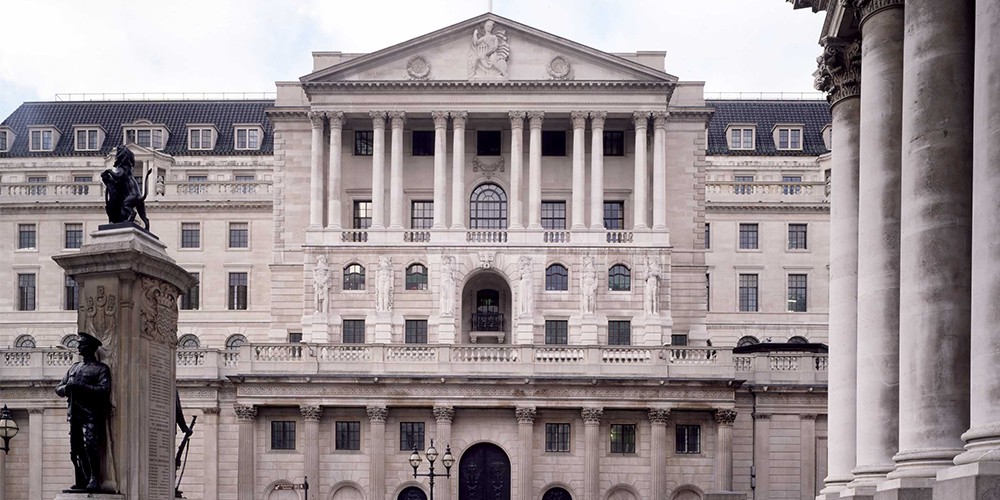Few could be more qualified to rewrite the UK’s financial rulebook after the country’s withdrawal from the European Union than Andrew Bailey, the incoming governor of the Bank of England and current head of the Financial Conduct Authority. But before he can put pen to paper, he may have to wrestle rule-making powers from other areas of government.
Rules made at the EU level on insurance, banking, asset management and derivatives clearing have been passed down in a high degree of detail. This is unlike the usual UK process of creating light rules at a high level and letting departments fill in the gaps. When these areas of regulation return to the UK, will parliament resume its traditional role of passing only high-level rules? And if so, which department will be filling in the gaps; the Treasury, the Bank or the FCA?
The second battle will be making sure the new rulebook meets political expectations. Bailey may be challenged by Chancellor of the Exchequer Sajid Javid to cut red tape while having his hands tied by any commitments to EU alignment.
He has a shrewd solution. Bailey’s key idea is to depart from the EU’s highly detailed rulebook and move towards ‘principles-based supervision’, where firms are judged against a brief set of principles rather than compared to a long list of gameable metrics. As long as UK rules achieve a close enough outcome to EU rules, the UK and EU can strike equivalence agreements without having the same rulebook, a strategy announced this week by Javid.
Principles-based supervision is worthy in its own right. The first formal banking legislation focused on financial stability only came into force in 1979. Pre-1979, finance was virtually unregulated but heavily supervised, relying on the Bank’s moral suasion, a system that performed well for close to a century. By moving towards principles-based supervision, Bailey can tell the chancellor he has cut red tape, tell the EU the UK is aligned, and reassure the public the financial system is sound.
While the style of rules may change, do not expect an overhaul even if Bailey gains complete freedom. UK regulators had a heavy hand in crafting EU financial rules and are happy with their work.
There is little pressure from the financial sector itself for mass deregulation; it views adherence to high standards as necessary for confidence in the UK as a financial centre, though it is quibbling over parts of the Markets in Financial Instruments Directive.
Some regulators want to ease Basel III rules, invented for cross-border banking, on domestically-focused banks – something they have raised with EU peers in the past. The US has done this and lending by its small banks has grown faster than elsewhere.
A potential economic battle awaits in 2021. The supply shock of leaving the EU coupled with the demand boost of Prime Minister Boris Johnson’s fiscal plans and more lenient banking rules could be the recipe for a ‘Boris boom’, a mild repeat of the 1970s ‘Barber boom’, named after Anthony Barber, chancellor of the exchequer under Prime Minister Edward Heath. The Barber boom was characterised by a large budget deficit and rapid rise in bank lending, with an oil price spike and union wage bargaining helping inflation top 25%, before ending in a Barber bust and stagflation.
This time around, an abrupt change in trade and migration relationships would take the place of oil price rises and powerful trade unions. Easing of financial rules would replace Competition and Credit Control, a 1970s policy that removed lending controls and led to a credit boom.
The conundrum for central bankers in such conditions is whether to raise rates to tame inflation, sacrificing already weak growth and employment, or hold off, allowing inflation to run high. The right-wing press warned that Labour party leader Jeremy Corbyn would take the UK back to the 70s. Johnson, as usual, is one step ahead of him, and that could mean tough times ahead for the incoming Bank of England governor.
Chris Papadopoullos is Economist at OMFIF.
